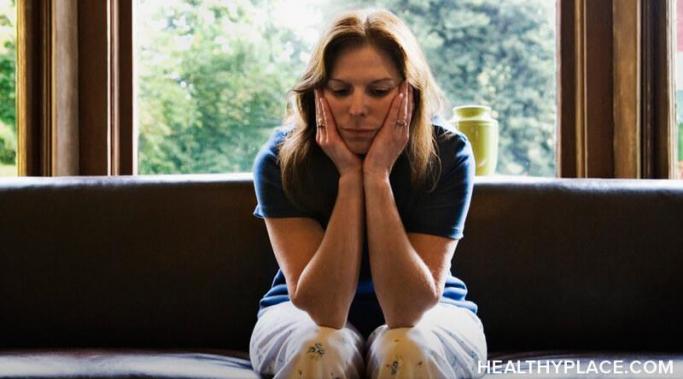Blogs
One thing I’ve learned about having schizoaffective disorder is how to use coping skills for my symptoms. Some of the skills I’ve developed myself and some I’ve learned in therapy. Here are some of the coping skills I’ve learned for the symptoms of my schizoaffective disorder. (Note: This post contains a trigger warning.)
When you are constantly anxious, it is hard to confront traumatic experiences and process your feelings from trauma. What can end up happening as a result is that you may avoid dealing with the situation. However, processing your feelings from trauma is critical.
Do you feel frustrated when people can't pronounce your name correctly? I can relate because my name is unique, and most people mispronounce it. Worse, instead of learning the correct pronunciation, they conveniently shorten or change it without my consent. If people can't pronounce your name correctly, read on to know how you can cope with the consequent distress.
Times get tough, and I'm not immune to wanting to shut the world out when it feels too loud, too heavy, or simply too much; that's when distraction and escapism come into play. Sometimes, a little mind vacation is needed. Just like physical vacations, it can be helpful to mentally check out momentarily to rest and reset. But as with most things in life, there is a balance, and tipping the scales can have harmful consequences.
I've found that nature provides greater self-esteem. Self-esteem is a delicate yet pivotal aspect of one's wellbeing, particularly for those navigating the challenges of mental health. In my personal journey, I have found that nature is a sanctuary that extends a comforting hand toward healing and heightened self-esteem.
One of the toughest battles I have faced in my journey is the shame and stigma in recovery. For years, I carried the burden of shame, believing that my gambling addiction was a reflection of my moral failure. Society's misconceptions about gambling addiction only fueled these feelings, leaving me trapped in a cycle of self-blame and isolation. Society views gambling addiction as a matter of poor self-control. Most people still believe it is a choice and people can stop whenever they want, which is not the case. What shame and stigma in recovery do is disempower people and even hinder their ability to recognize addiction as a complex issue that requires support and treatment.
Professionals can help you deal with, recover, and move away from verbal abuse with therapy. But is therapy the only way to heal from a verbally abusive relationship? With so many tools and resources available, some people may wonder if therapy after verbal abuse is the best route for them.
Do you feel like something is missing in your life? You are not alone. From time to time, so do I. A recent session with my therapist revealed that this isn't new: humans have always been dissatisfied with their lives. She said we are only experiencing it more frequently today because of factors like social media comparison, increased capitalism, and the belief that one can have it all. These factors have come to define civilized life, and we cannot control most of them. However, we can control our reactions to them to minimize life dissatisfaction. Let's take a look at what my therapist told me about feeling something is missing.
For those grappling with borderline personality disorder (BPD), the aftermath of a BPD breakup can feel excruciating. The aftermath of a BPD breakup isn't just about saying goodbye to a partner; it's a deep, existential unraveling. The experience of a BPD breakup is akin to mourning a death, where I am forced to confront the fragments of myself and painstakingly rebuild from the ground up. After a BPD breakup, I've not only lost a loved one, but I've also lost myself.
As children grow up, they eventually leave the family nest to pursue their dreams and aspirations, and that empty nest can encourage depression. Whether they go to college, explore the world, or start a new job, it may be a challenging and emotional step for parents. Therefore, by preparing for the empty nest chapter of life, parents can be proactive in not letting depression set in for an extended period. For me, the empty nest phase is creeping up quickly, and I am unprepared.










It is wonderful to hear that you are embracing YOUR progression. Although it is natural to compare ourselves to others around us, it is unhealthy. However, it does take self-awareness, continuous practice, and willingness to change our thinking. The fact is that we are all 100% unique, and there is no one else like us. Thus, we can only follow our own journey and walk along at our own speed when it comes to recovery. How we recover is normal -- at least for us.
Think of it like this: trauma is our normal reaction to an abnormal event, plain and simple. It doesn't matter if someone else doesn't think our trauma is valid -- it is precisely that, OURS. In return, our journey of recovery should also be OUR normal progression from the trauma or mental health condition.
I am happy to hear that you can change your thinking and are trying to not compare yourself to others. Keep strong and go forward at your own pace.